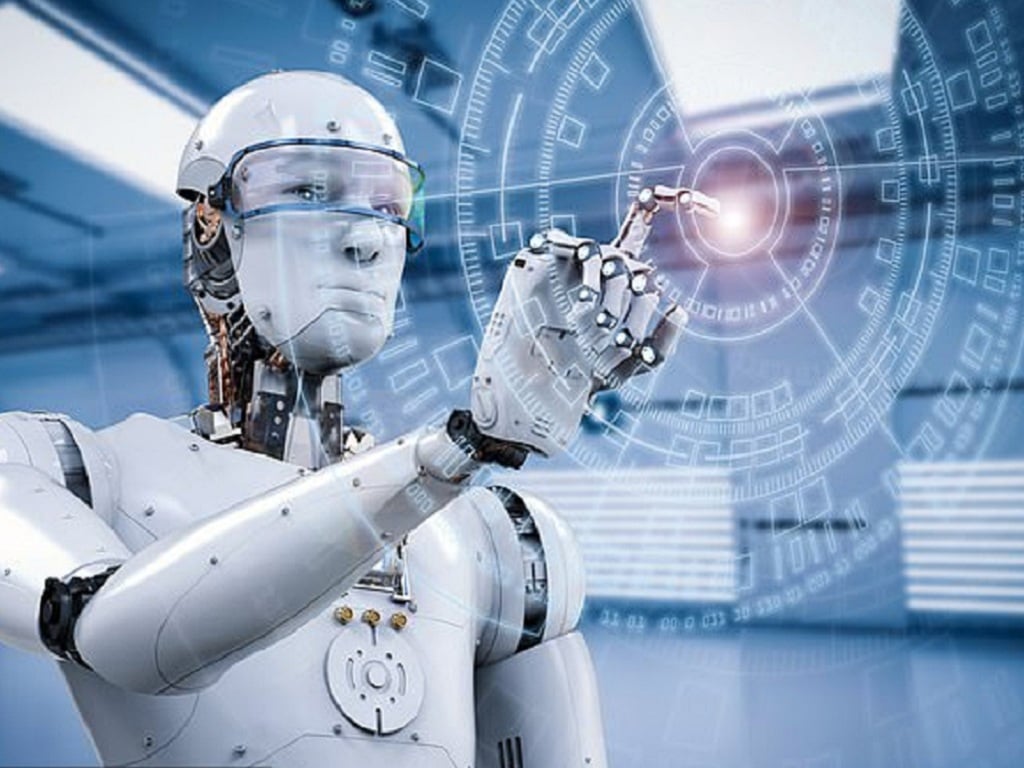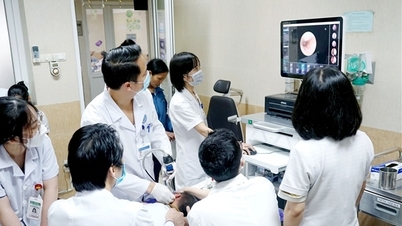Pancreatic cancer is one of the most dangerous cancers in the world . The number of cases of this type of cancer is predicted to increase in the future. The disease is often diagnosed when the patient is in an advanced stage. At that time, treatment methods will be less effective and most patients will not survive, according to the New York Post (USA).

New artificial intelligence tool can detect pancreatic cancer up to 3 years early
Currently, there is no tool that can help screen people at high risk for pancreatic cancer on a large scale. The people who are asked to be screened are those with mutations in genes that predispose them to pancreatic cancer. This means that many people who are at high risk of cancer are missed and not screened.
The study was led by experts at Harvard Medical School (USA) and the University of Copenhagen (Denmark). In the article published in the journal Nature Medicine , the researchers used an AI tool to screen medical records of about 9 million people in Denmark and the US. They instructed the AI to look for early signs of pancreatic cancer based on medical record characteristics.
AI will combine the analysis of disease codes and the time of symptom onset. Thanks to that, this tool can identify people who are likely to develop pancreatic cancer in the future. AI can even predict accurately even if the disease codes, symptoms and time of onset are not directly related to the pancreas.
In this way, AI has found people at highest risk of pancreatic cancer. Doctors will then request a diagnosis to detect the disease early and treat it promptly. Common symptoms of pancreatic cancer are jaundice, pain in the middle back and upper abdomen, weight loss, itchy skin and fatigue.
Statistics show that among patients with early detection of pancreatic cancer, about 44% will be treated effectively and live past 5 years. However, only 12.5% of pancreatic cancer cases are detected early. For those who detect the disease when it is in an advanced stage, the survival rate is only 2 to 9%.
With these AI tools, researchers hope that in the future, people will be screened for diseases they are at high risk of developing, which could reduce unnecessary medical tests and procedures, according to the New York Post.
Source link


![[Photo] General Secretary To Lam chairs the meeting of the Central Steering Committee on preventing and combating corruption, waste and negativity](https://vphoto.vietnam.vn/thumb/1200x675/vietnam/resource/IMAGE/2025/9/29/fb2a8712315d4213a16322588c57b975)
![[Photo] General Secretary To Lam receives US Ambassador to Vietnam Marc Knapper](https://vphoto.vietnam.vn/thumb/1200x675/vietnam/resource/IMAGE/2025/9/29/c8fd0761aa184da7814aee57d87c49b3)
![[Photo] General Secretary To Lam attends the ceremony to celebrate the 80th anniversary of the post and telecommunications sector and the 66th anniversary of the science and technology sector.](https://vphoto.vietnam.vn/thumb/1200x675/vietnam/resource/IMAGE/2025/9/29/8e86b39b8fe44121a2b14a031f4cef46)
![[Photo] Many streets in Hanoi were flooded due to the effects of storm Bualoi](https://vphoto.vietnam.vn/thumb/1200x675/vietnam/resource/IMAGE/2025/9/29/18b658aa0fa2495c927ade4bbe0096df)
![[Photo] National Assembly Chairman Tran Thanh Man chairs the 8th Conference of full-time National Assembly deputies](https://vphoto.vietnam.vn/thumb/1200x675/vietnam/resource/IMAGE/2025/9/29/2c21459bc38d44ffaacd679ab9a0477c)




















































































![[Infographics] An Giang tourism makes a spectacular breakthrough](https://vphoto.vietnam.vn/thumb/402x226/vietnam/resource/IMAGE/2025/9/30/e472f9f3f91d407ba4b7de460fb0481d)












Comment (0)